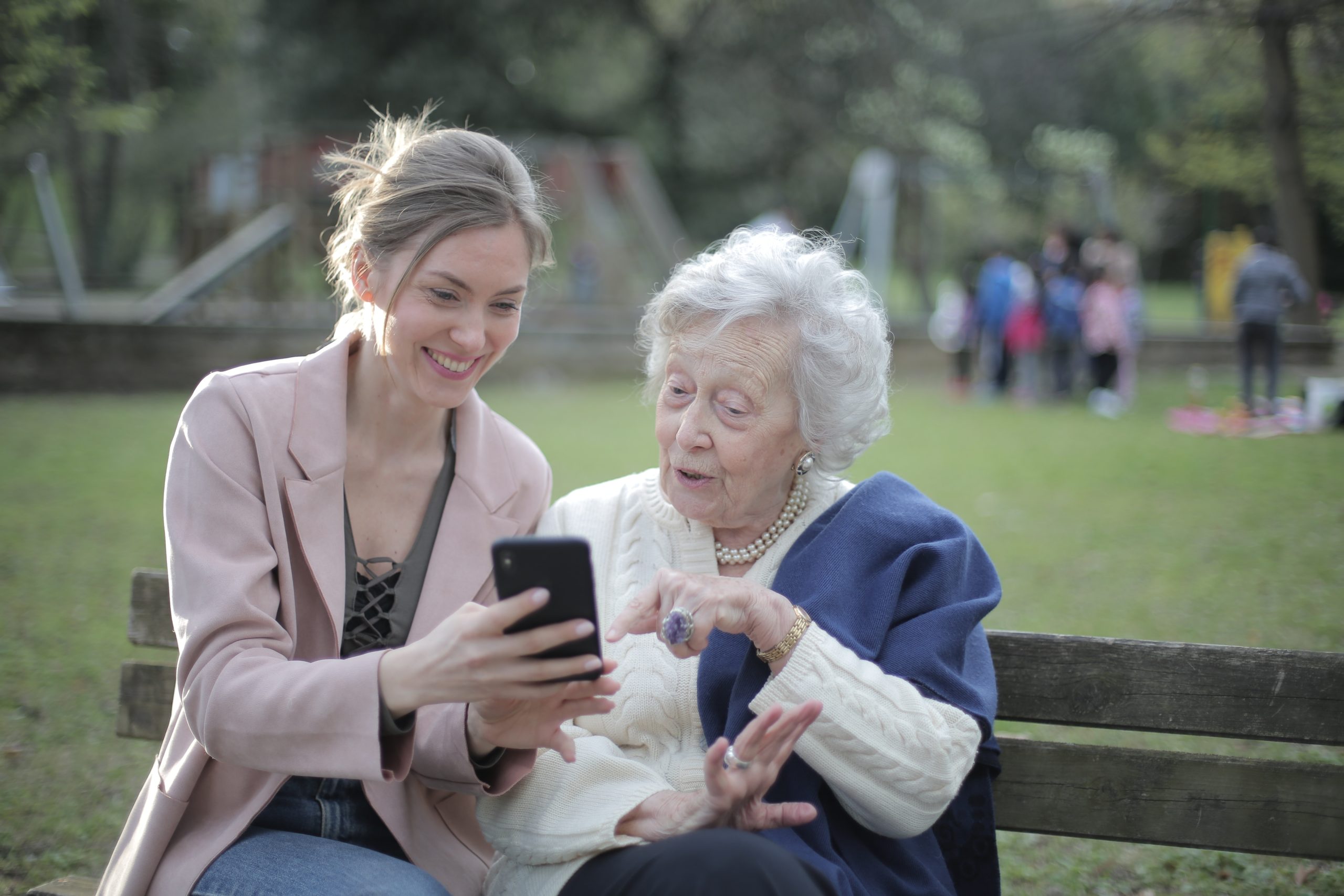Innovative Approaches to Alzheimer’s Care: Technology and Therapy

The image is not directly related to the article. It merely symbolizes the life of elderly people.
Innovative Approaches to Alzheimer’s Care: Technology and Therapy
What is Alzheimer’s disease?
How can technology help with Alzheimer’s care?
Technology can provide innovative solutions for Alzheimer’s care, such as wearable devices that track vital signs and monitor movement, GPS tracking devices, and assistive technologies like voice-activated assistants and reminder apps. These technologies can help individuals with Alzheimer’s live more independently and provide caregivers with peace of mind.
What is cognitive stimulation therapy?
Cognitive stimulation therapy is a non-pharmacological intervention for individuals with Alzheimer’s disease that involves engaging in group activities and discussions that stimulate cognitive function. It can improve memory, language, and problem-solving skills, as well as reduce symptoms of depression and anxiety.
How can music therapy benefit individuals with Alzheimer’s?
Music therapy is a form of non-pharmacological therapy that can benefit individuals with Alzheimer’s by reducing agitation and anxiety, improving mood, and enhancing cognitive function. Listening to familiar music can also evoke memories and improve communication with caregivers and loved ones.
What is reminiscence therapy?
Reminiscence therapy involves engaging in activities and discussions that encourage individuals with Alzheimer’s to recall and share memories from their past. It can improve mood, reduce agitation, and enhance social interaction with caregivers and loved ones.
As the population ages, the number of individuals with Alzheimer’s disease continues to rise. While there is currently no cure for Alzheimer’s, innovative approaches to care can help improve quality of life for both individuals with the disease and their caregivers. Technology and therapy are two areas where new approaches are being developed and implemented.
Technology can provide a range of solutions for individuals with Alzheimer’s and their caregivers. Wearable devices can track vital signs and monitor movement, providing caregivers with real-time information about their loved one’s well-being. GPS tracking devices can help prevent individuals with Alzheimer’s from becoming lost, while assistive technologies like voice-activated assistants and reminder apps can help them live more independently. These technologies can also provide peace of mind for caregivers, who can monitor their loved one’s progress remotely.
Therapy is another area where innovative approaches are being developed. Cognitive stimulation therapy, for example, involves engaging in group activities and discussions that stimulate cognitive function. This therapy can improve memory, language, and problem-solving skills, as well as reduce symptoms of depression and anxiety. Music therapy is another form of non-pharmacological therapy that can benefit individuals with Alzheimer’s by reducing agitation and anxiety, improving mood, and enhancing cognitive function. Reminiscence therapy is another approach that encourages individuals with Alzheimer’s to recall and share memories from their past. This therapy can improve mood, reduce agitation, and enhance social interaction with caregivers and loved ones.
In conclusion, innovative approaches to Alzheimer’s care are essential for improving quality of life for individuals with the disease and their caregivers. Technology and therapy are two areas where new approaches are being developed and implemented, providing hope for those affected by Alzheimer’s. By continuing to invest in these areas, we can develop new tools and strategies to support individuals with Alzheimer’s and their caregivers, and ultimately improve their quality of life.
The image is not directly related to the article. It merely symbolizes the life of elderly people. Innovative Approaches to Alzheimer’s Care: Technology and Therapy What is Alzheimer’s disease? Alzheimer’s disease is a progressive brain disorder that affects memory, thinking, and behavior. It is the most common cause of dementia in older adults and currently…
Recent Posts
- Empowering Caregivers: The Best Online and Offline Resources to Enhance Your Skills
- Traveling with a Purpose: The Rise of Volunteer Vacations
- Breaking Stigma: Dispelling Myths about Mobility Aids and Disability
- Avoiding Probate: How Trusts Can Simplify the Estate Settlement Process
- Senior Citizens Beware: Common Financial Scams and How to Stay Protected

